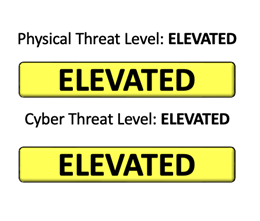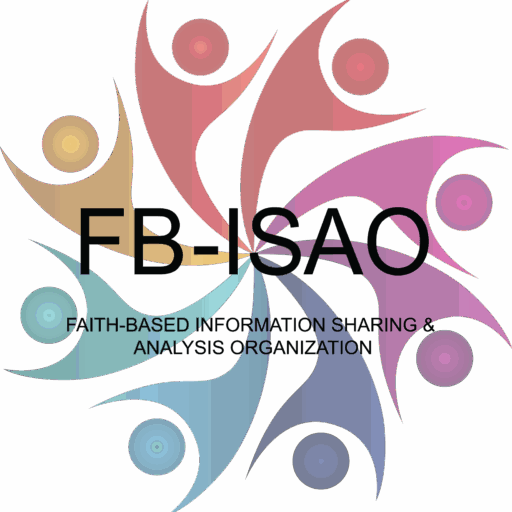Faith-Based Security Headlines
These updates are shared to help raise the situational awareness of Faith-Based organizations to best defend against and mitigate the impacts from all-hazards threats including physical security, cybersecurity, and natural disasters.
How ISIS and Al-Qaeda Using AI to Target American Jews
The Digital Safety Coalition told Newsweek that artificial intelligence (AI) has amplified content used by lone-wolf terrorists affiliated with ISIS and AI-Qaeda, targeting Jewish communities in the United States.
Marc Ginsberg, former U.S. ambassador and president of the Coalition for a Safer Web, states, “The trend is unmistakable. This represents a new level of threat that I don’t think anyone fully grasps or appreciates the sophistication of the penetration operation involved.”
Analyst Comments:
The use of artificial intelligence by groups like ISIS and Al-Qaeda is a troubling development, as it allows them to disseminate radicalizing content more effectively and on a broader scale. It is important to track how AI is being used to bypass traditional content moderation techniques and assess the potential threats this poses to national security.
Faith-based organizations could be especially vulnerable to the dangers of AI-driven content, as members of these communities may encounter highly convincing extremist materials. Faith-based organizations may want to consider how to evaluate how AI-enhanced propaganda affects at-risk individuals within religious groups.
Network security fundamentals
The Network Security Fundamentals guide by the UK’s National Cyber Security Centre (NCSC) provides essential principles for securing networks, focusing on protecting data and systems from unauthorized access or disruption.
The guidance covers the following areas:
- Identifying your Assets
- Understanding the threat
- Restricting access
- Designing network architecture
- Protecting data in transit
- Securing network perimeters
- Updating systems
- Monitoring networks
Analyst comments:
Faith-based organizations frequently handle sensitive information such as member details, donations, and other activities. Following the NCSC’s guidance on network security fundamentals can be a positive step towards safeguarding this data against cyber threats. Maintaining the confidentiality and accessibility of their digital assets is vital for preserving trust and confidence within their communities.
Get the Daily Awareness Post Delivered to your Email!
More Faith-Based Stories
WA: ‘All of us were pretty shaken’: Security camera captures attack on Spokane priest during service
OK: Vandals cause $20k in damages at Tulsa church, pastor says
OR: Mezuzah torn down at Portland Jewish Center, rabbi says
Churches educating congregants on how to respond if ICE shows up
Washington State Bill Would Force Catholic Priests To Violate Church
Australia’s hate crime law gives Nazi salutes mandatory jail
Australian man charged for calling org and making antisemitic comments
Select All Hazard Stories
Trump’s Sweeping Expulsions Have Sent the FBI Into Chaos
In reversal, CISA workforce now permitted to take deferred resignation offer
K9s, snipers and BearCats: How New Orleans is prepping to keep the Super Bowl safe
Joining US, Canada designates Mexican cartels as terrorist organizations
Beware of fake Reddit solutions delivering dangerous malware.
The Hidden Risks of Public Wi-Fi Networks: A Guide for Laptop Users
Trump wants a TikTok deal. China may pull the plug.
Behind the arson arrests during the firestorm: Cases reveal L.A.’s burning problem
Cows Have Been Infected With a Second Form of Bird Flu
More Security-focused Content






